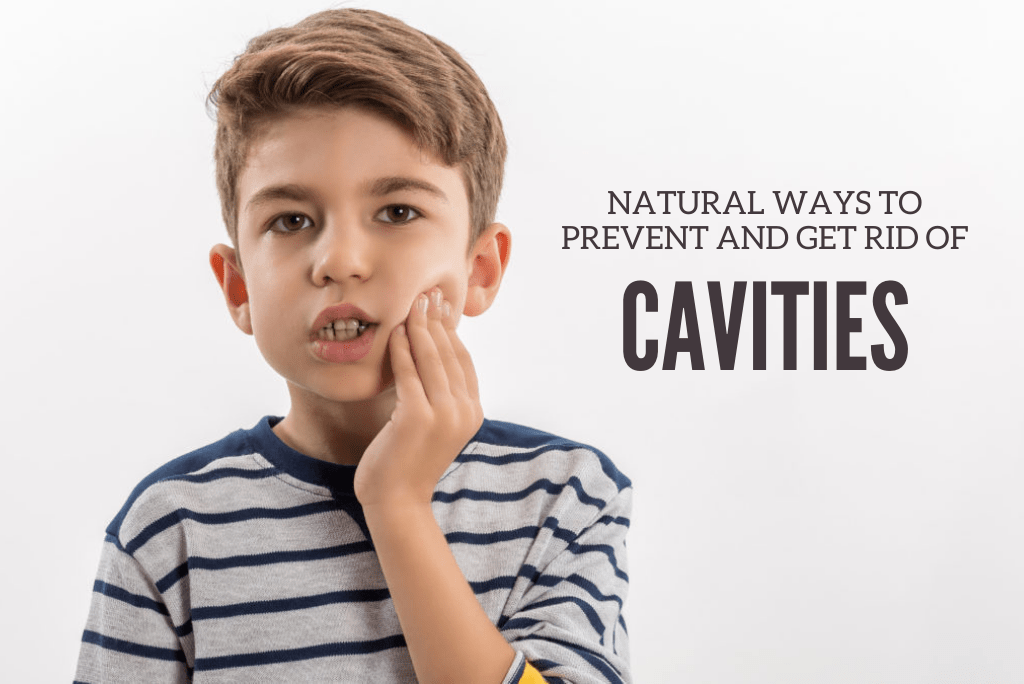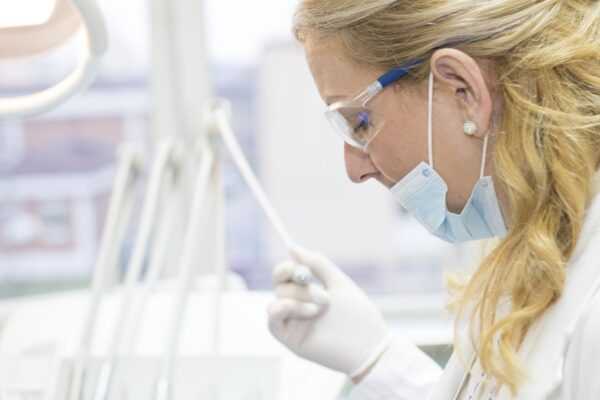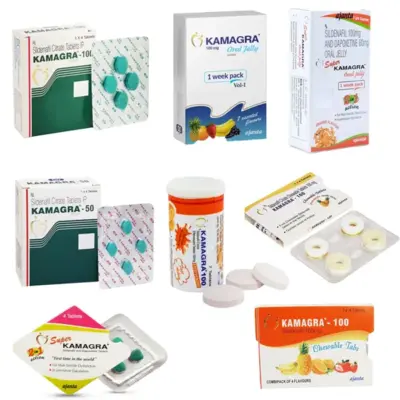Natural Ways to Prevent and Get Rid of Cavities

For as long as we can remember, the only way to treat a cavity is to drill and fill. What we do not know, is that our teeth were designed to heal themselves, including cases of cavity. This is why we have just one set of teeth for the rest of our lives.
The best thing to do that would protect your teeth from cavity as well as speed up the natural healing process is through remineralisation, and this, of course, includes eating proper diet and supplements as well as staying informed about dental health and practices.
The experienced dentist will inform you about cavities and how to get them treated naturally.
Table of Contents
How do we get cavities?
There are bacteria that occur naturally in the mouth. It is these bacteria that creates an ideal environment for a cavity or set in. For this to happen, the bacteria attached itself to the outer layer of the tooth where it begins to digest sugars from food eaten. To support its growth, the bacteria produces a colourless waste called plaque, thatprotects it as it grows. The only way this plaque production process is disrupted is through regular brushing and flossing.
The minerals in our saliva also play a part as it bonds with the plaque to form a hard substance known as tartar. The tartar dissolves the calcium in the teeth in a process known as demineralisation. The demineralisation process erodes the calcium on the outer layer of the teeth, creating more room for the bacteria to invade and cause decay.
Consequnces of traditional dentistry
As expected, when we notice signs of decay or pain in the teeth, we approach our dentists for a solution. While this is the best thing to do, there are still consequences attached to this that patients are not aware of. For instance, the pulp, which is the sensitive tissue of the tooth, is secured in a structure that protects it from the wealth of microbes present in the mouth. In the process of drilling, the pulp is exposed to these bacteria in the mouth.
Furthermore, the fillings used to seal up the cavities are not always safe due to the material they are made of. A good example is an amalgam which is made of pure mercury and is very dangerous. Even dental implants do not work in the same way the natural teeth does.
Common questions that explain how to heal cavities naturally
What is remineralisation?
Just like the demineralisation process deals with the removal or dissolving of calcium on the outer layer of the teeth, the remineralisation process is the exact opposite. Remineralisationis the natural process of repairing the teeth by depositing minerals such as calcium to the teeth through the help of the saliva. The calcium bonds with the enamel and repairs deficiencies on the teeth.
Can all cavities be healed naturally?
Not all cavities can be healed through the natural process of remineralisation. For a cavity to be healed naturally, it has to be in its beginning stages. Any cavity that has broken through the dentin or is already causing pain can no longer be remineralised. There are techniques like x-rays, palpitations andvisualisation of white lesions thata dentist can use to identify the stage of a patient’s cavity.
How can the pain be reduced while the cavity heals?
A cavity with localised pain indicates that the decay has already broken through a layer of the tooth. If your teeth only feel sensitive and not painful, it can mean that you have a small cavity and you can still reverse it naturally. However, you can reduce pain through the following ways:
- Avoid drinking anything acidic
- Avoid over-brushing
- Use nano-hydroxyapatite toothpaste
- Try making a DIY toothpaste from cocoa nibs
Can cavities really heal on their own?
Yes,they can. Under the ideal circumstances, proper phand deposition of minerals like calcium and phosphorus into the teeth, the cavity will heal in time. However, it does not work like magic; rather, it takes a couple of months before changes are noticed.
How long does it take to heal a cavity?
Healing a cavity is not something that is done in days or even weeks. It takes months before remineralisation begins to take full effect. Usually, your dentist will advise you to come back in 6 months if he notices a cavity setting in. If you do the necessary things to encourage remineralisation, your dentist will be able to see changes by the time you go back for your next visit.
What is the guide to healing a cavity?
The remineralisation process starts with what you eat. Consume foods that help cavities heal naturally such as
- Foods rich in calcium and phosphorus
- Seafood rich in calcium
- Magnesium
- Vitamin d
- Vegetables and nuts
- Vitamin k2
Avoid sugary foods or acidic food, and if you do eat them, negate their effects by rinsing your mouth immediately afterwards. If you must use a mouthwash, go for one that is naturallybased with a high phof about 9 or higher. This will promote the alkalinityof the mouth. Also, please stay away from anti-bacterial mouthwash as they will harm even the beneficial bacteria in your oral microbiome.
How can I heal my child’s cavity?
As opposed to adults, the resources for remineralisation in a child is not available because they are still growing. This is why they are more susceptible to cavities than adults. For successful remineralisation in a child, you would have to increase the level of minerals like calcium and phosphorus in their food. Also, improve their oral microbiome through regular brushing and flossing, as well as ensuring regular appointments with dentists for examination and cleaning.
If you are residing in Harley Street area, find out more ways you can keep your teeth healthy and safe from cavities by contacting at smile works dental. We have some of the best dentists in Harley street to provide you with all the help you need.



